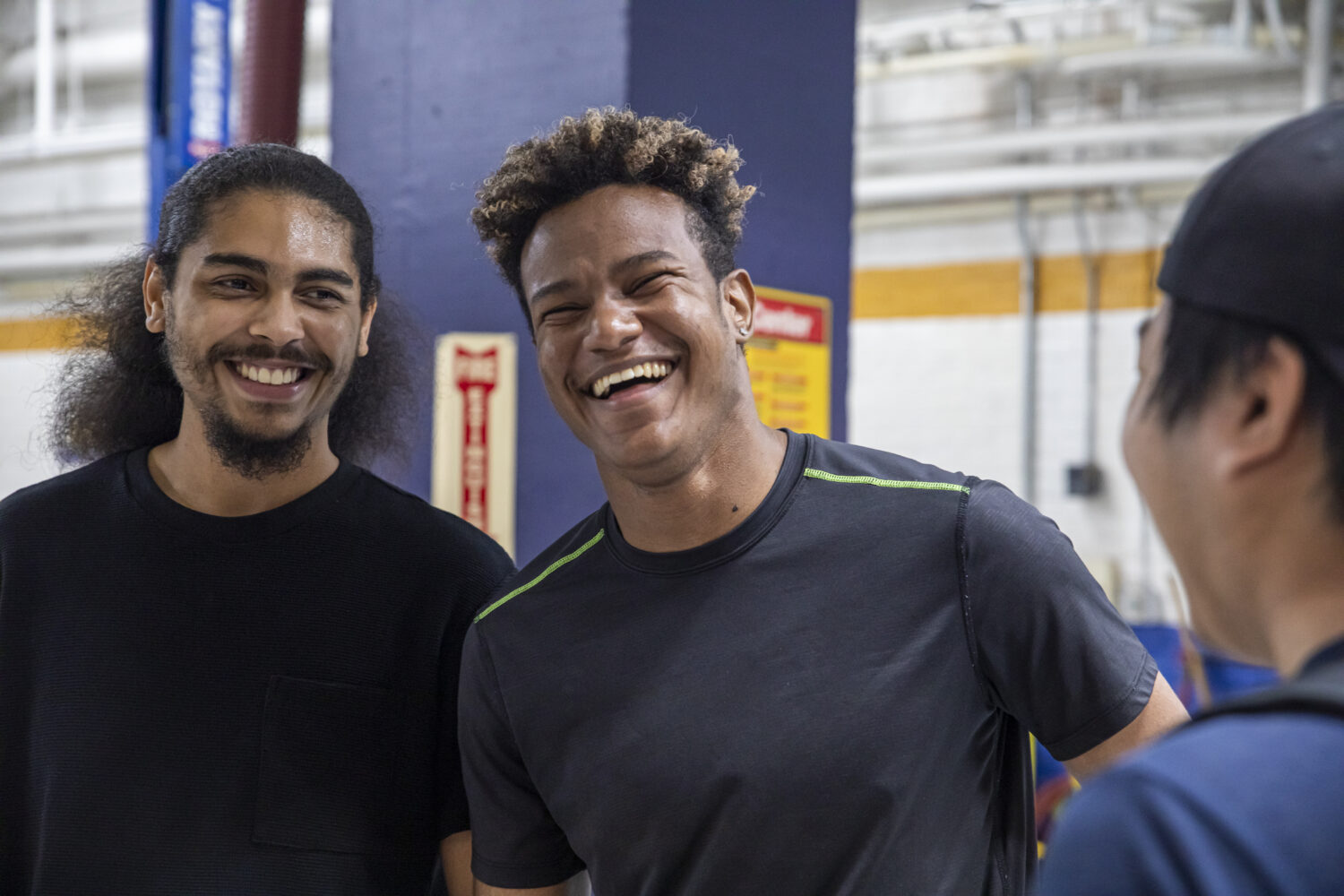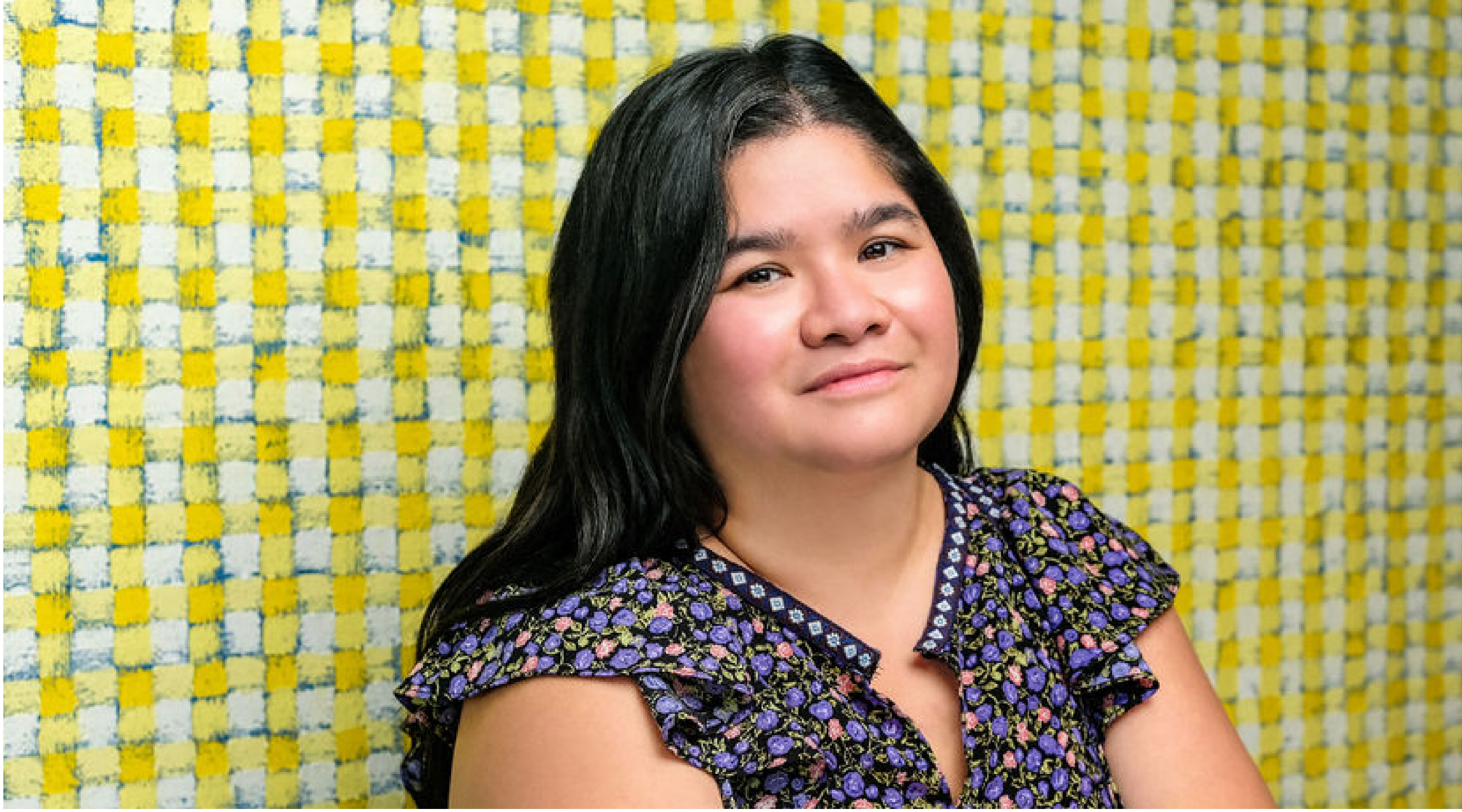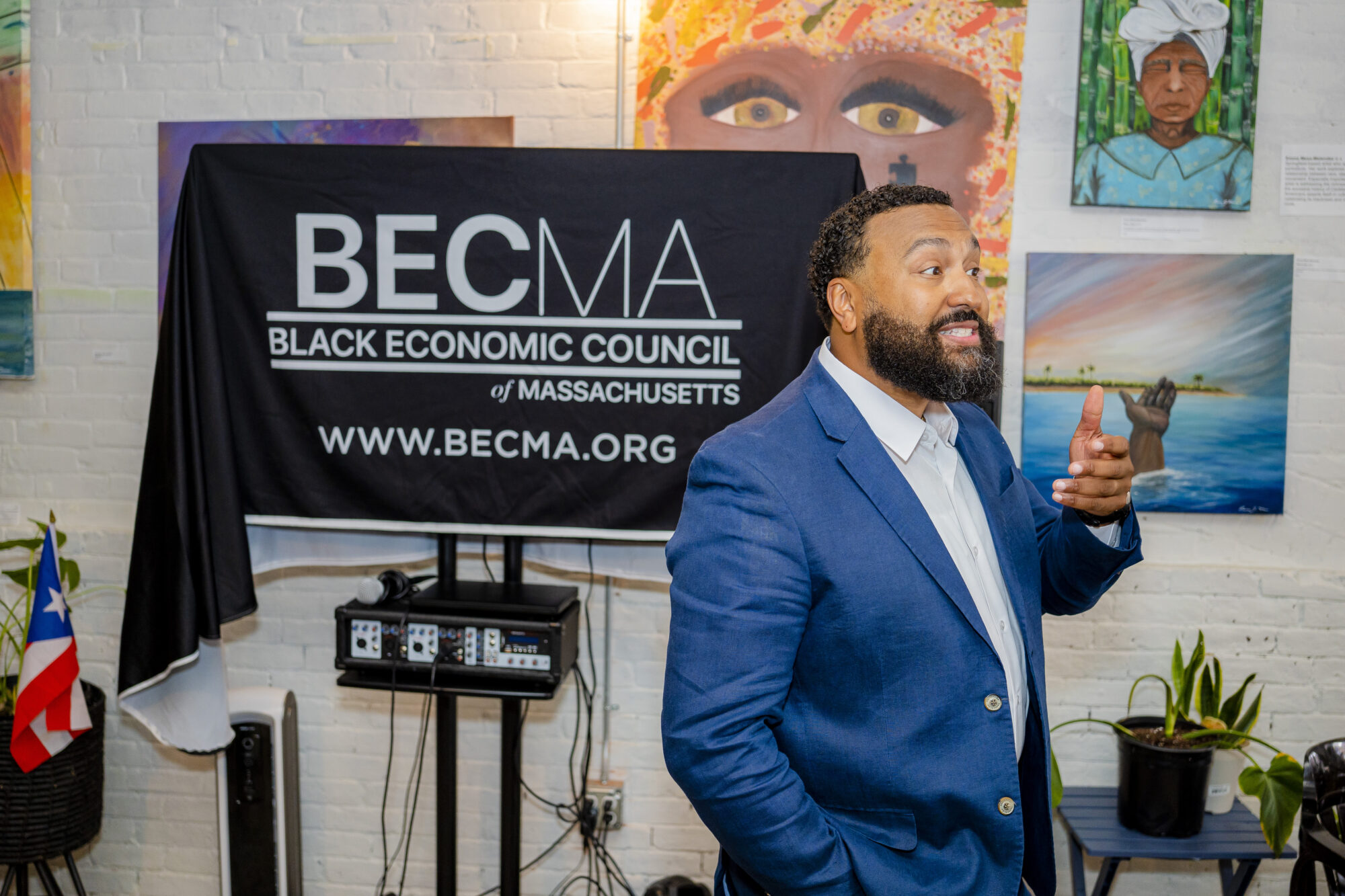
Racial Wealth Equity Initiative
Addressing the persistent racial wealth gap is perhaps one of the most important levers to advancing racial equity.
For centuries, systemic racism and oppression deliberately codified through policy and advanced in practice has prevented Black people and other people of color from realizing their full potential for wealth creation in America. At the heart of centering racial equity is a recognition that we must address systems that have limited the creation of wealth in these communities.
Racial wealth equity is achieved when all people, regardless of race, have a fair shot at opportunities to build wealth for themselves, their families, and their communities. Yet, for centuries, people of certain racial groups have faced a host of barriers — from individuals, financial policies, and systems — that have limited their ability to take advantage of economic opportunities, or to deal with adversity.
Barr’s Racial Wealth Equity Initiative aims to remove barriers by transforming systems, policy, and narratives to build wealth in communities of color. We focus on the Greater Boston region. We are also open to learning about colleagues engaged in similar efforts in the Gateway City regions of Fall River, New Bedford, Lawrence, Lowell, Brockton, and Randolph.
Grantmaking in Racial Wealth Equity Initiative
Hacking the Archive
To sponsor its Hacking the Archive program’s May 2025 Hacking the Racial Wealth Gap hack-a-thon
- Award Date: 04/01/2025
- Amount: $30,000
- Term: 6 months
- Program:
- Strategy:
- Fiscal Sponsor: Dudley Street Neighborhood Initiative, Inc.
Action for Equity Inc.
To support transportation organizing and advocacy and CORI work
- Award Date: 03/04/2025
- Amount: $375,000
- Term: 18 months
- Program:
- Strategy:
GK Fund Inc.
To provide one-time core support for its GK Fund program
- Award Date: 10/25/2024
- Amount: $100,000
- Term: 24 months
- Program:
- Strategy:
What We Fund
We acknowledge that the vision for racial wealth equity can only be realized through concerted and aligned efforts spanning many sectors. That is why collaboration, coalitions and networks, and collective action are fundamental to how we engage, and to the kind of work we seek to support. We also understand that one of the most important roles a funder can play is to provide flexible operating and capacity-building support, and then get out of the way – ensuring that the organizations closest to communities, challenges, and solutions can lead.
Within the three strategies outlined above, we seek to support efforts that incorporate one or more of the following approaches:
- Advocacy and organizing to build and shift power. Systems change requires a shift in power structure so that policies and practices are reflective not only of the needs but aspirations of people of color. We seek partners who have grassroots power building or advocacy embedded, or invested in building this tool, in their theories of change or capacity building organizations who partner with organizations to build a particular skillset such as field development.
- Network building. We believe that networks and coalitions are key to leveraging the strengths of individual organizations and advancing best practices and durable policy gains. We seek networks and coalitions, existing and emerging, that include partners varied perspectives and approaches, such as nonprofit organizations, research/data providers, artists, and municipalities. We acknowledge that networks and coalitions take time to coalesce and build trust – especially where there’s a history of competition for funding and influence.
- Narrative and strategic communications. This work also requires that we work to shift mindsets, deepen understanding of root causes and potential solutions, and to inspire civic action. We seek partners who are poised to engage in strategic communications and narrative work as a key driver.
Grantmaking Inquiries
We are actively seeking to engage with new partners who share our aims and priorities. Please note that we are focused on Greater Boston. Yet, we are also open to learning about colleagues engaged in similar efforts in the Gateway City regions of Fall River, New Bedford, Lawrence, Lowell, Brockton, and Randolph.
Racial Wealth Equity Initiative Team
Special Initiatives News + Insights
View all View all blog posts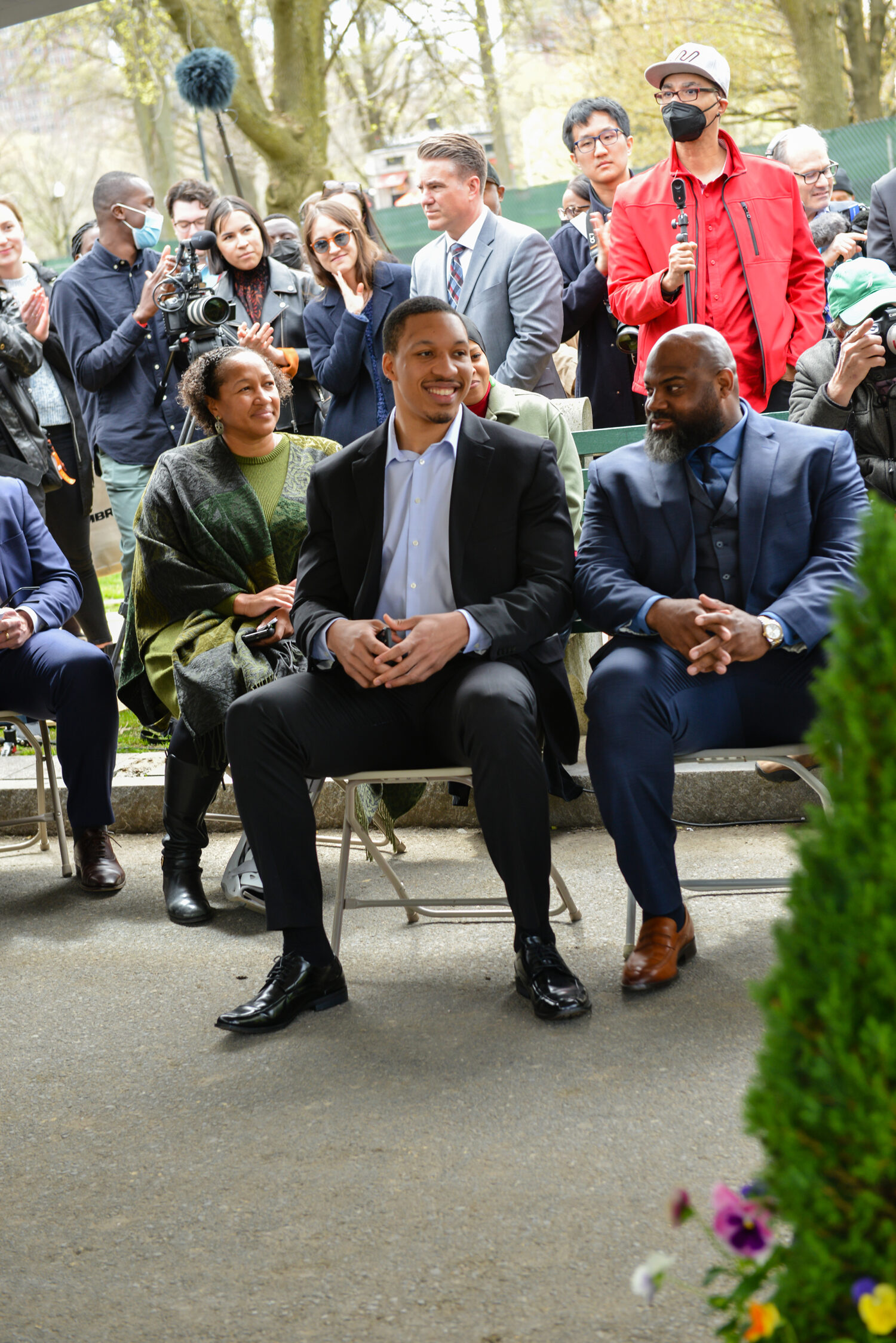
Six Questions with Lisette Le, Director, Racial Wealth Equity Initiative
Read More Click to Read More about Six Questions with Lisette Le, Director, Racial Wealth Equity Initiative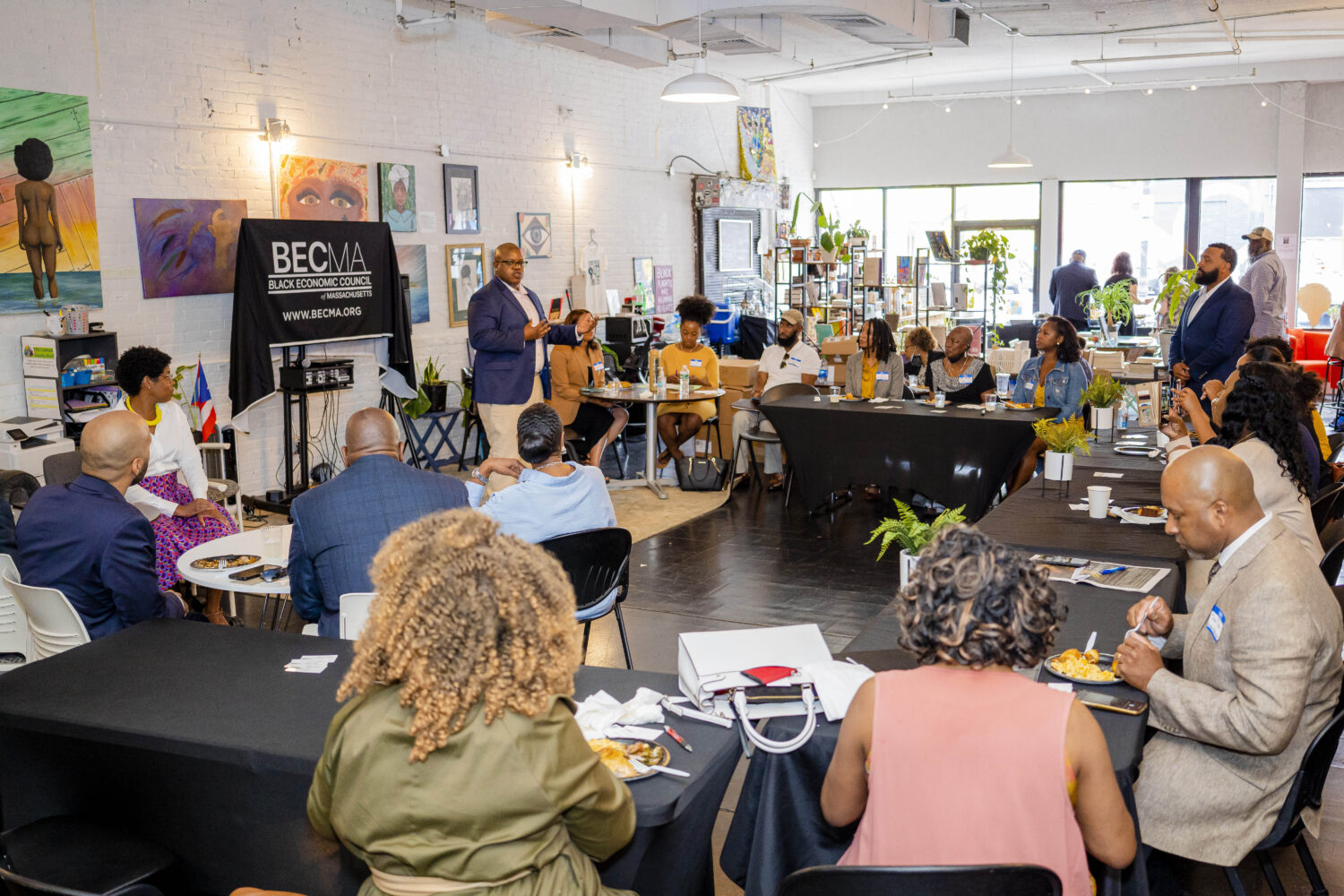
The Next Phase of Barr’s Racial Wealth Equity Initiative
Read More Click to Read More about The Next Phase of Barr’s Racial Wealth Equity Initiative